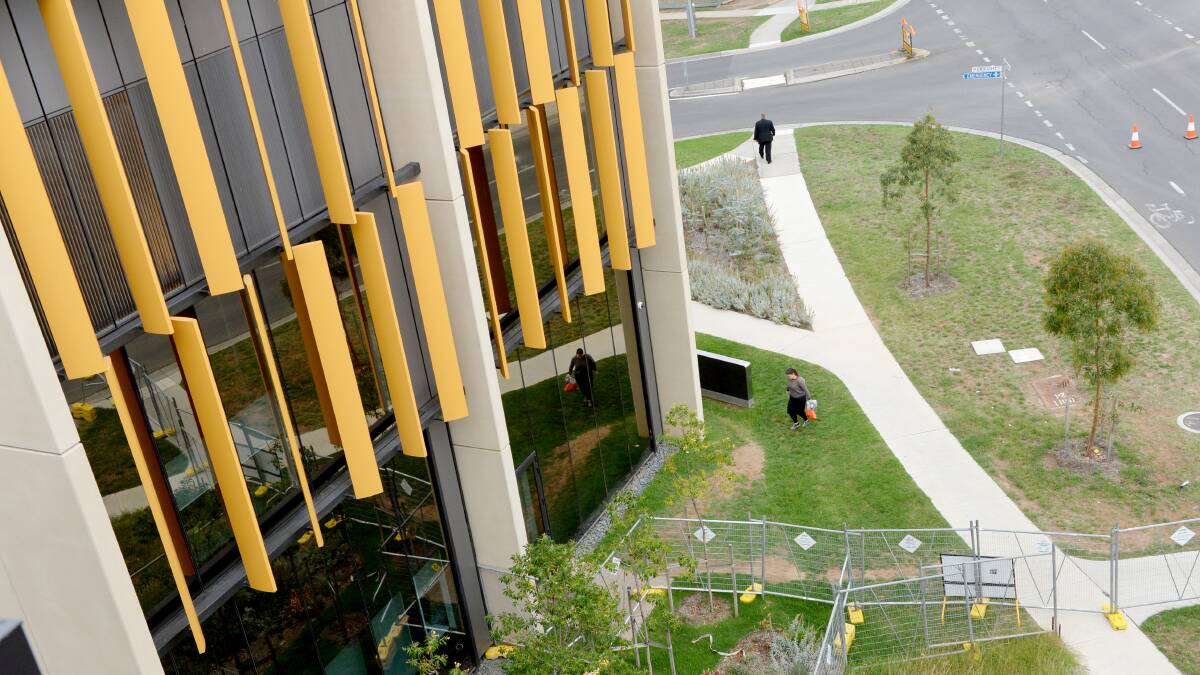
Why are there no public ENT specialists in Bendigo?
Recently I read a disturbing story about the lack of ENT specialists operating on public patients at Bendigo Health.
Subscribe now for unlimited access.
or signup to continue reading
What is wrong with the system that this is allowed to happen in a brand new hospital?
Nothing has been said by the leadership or the hospital board about this situation, until the editorial in the Bendigo Advertiser on Saturday, May 4 and my son received a letter in the mail stating the current situation.
Our local members are quick to take credit for building the facility but are not up to seeing that all services are catered for to service the needs of the public.
My son needed this operation when he was six years of age and we didn't have the problems that are being encountered today.
His daughter suffers the same ailment and has had a number of referrals by doctors over the past couple of years [which need] to be done immediately as each time it occurs she gets worse, and other symptoms break out.
In this day and age we are supposed to be more experienced and knowledgeable and shouldn't be encountering these problems.
I would hope that someone can inform the community what the problem is - that we have specialist that operate in the private sector but we can't get the same service in the public sector.
The way these health providers operate the vast majority can't afford to have these policies as you still finish up with large out of pocket expenses.
As Pauline Hanson would say: "Please explain."
Ivan Kitt, Bendigo
Be alert about 1080 poison for the sake of your pets
In response to the article of 13 May 2019 ("Fox baiting program begins in central Victoria") concerning the use of 1080 in Central Victoria, Mr Rogasch of Forest Fire Management Victoria, states "dead foxes pose no threat to other species because the poison is harmless once metabolised".
This is untrue. Poisoned carcasses do pose a threat to non-target species.
The Review Findings of Australian Pesticides and Veterinary Medicines Authority (APVMA) published in January 2008, states:
"It is true that the technical report included reports of secondary poisoning in Australia and elsewhere. Although the secondary poisoning hazard of 1080 for native species appears low, carcasses can remain toxic to domestic dogs, and may attract feral scavengers to baited areas if not recovered."
Thousands of domestic dogs die each year from ingesting 1080 baits and poisoned carcass.
Misleading information is being published about 1080. In its pure form, 1080 is a synthetic man-made white powder. Liquid solutions of 1080 are used to load baits (e.g. carrots, oats, meat, offal).
1080 is not produced from a native flower, this is false and misleading.
Dog owners [should] be aware of these facts.
1080 was banned by the American EPA because of the risk to the environment. It is an inhumane, cruel poison that kills any breathing creature in a protracted and horrendous way. It is a risk to human health.
We should all ask our local MP what is their position on the use of 1080 in our environment? It needs to be banned.
Marilyn Nuske, Castlemaine

Send us a letter
Letters must carry the name, full address and telephone number of the author. The writer's name and suburb/town will be published. We reserve the right to edit letters. Letters which are deemed inappropriate will not be published.Send letters to Bendigo Advertiser, PO Box 61, Bendigo 3552 or using the form below.

